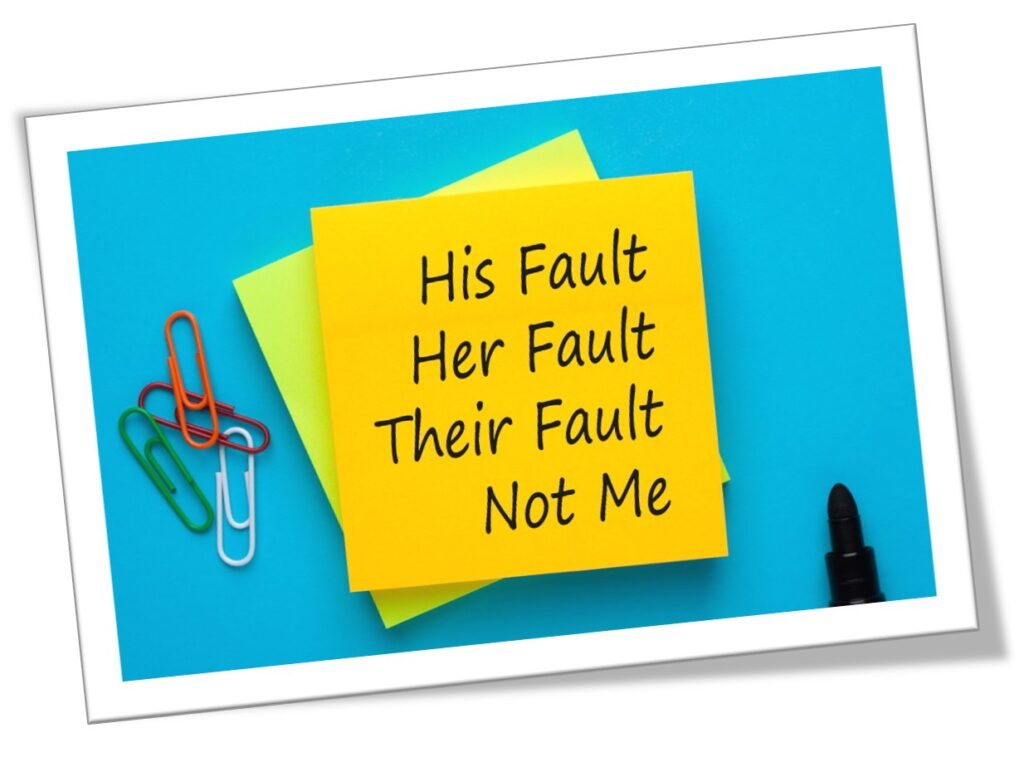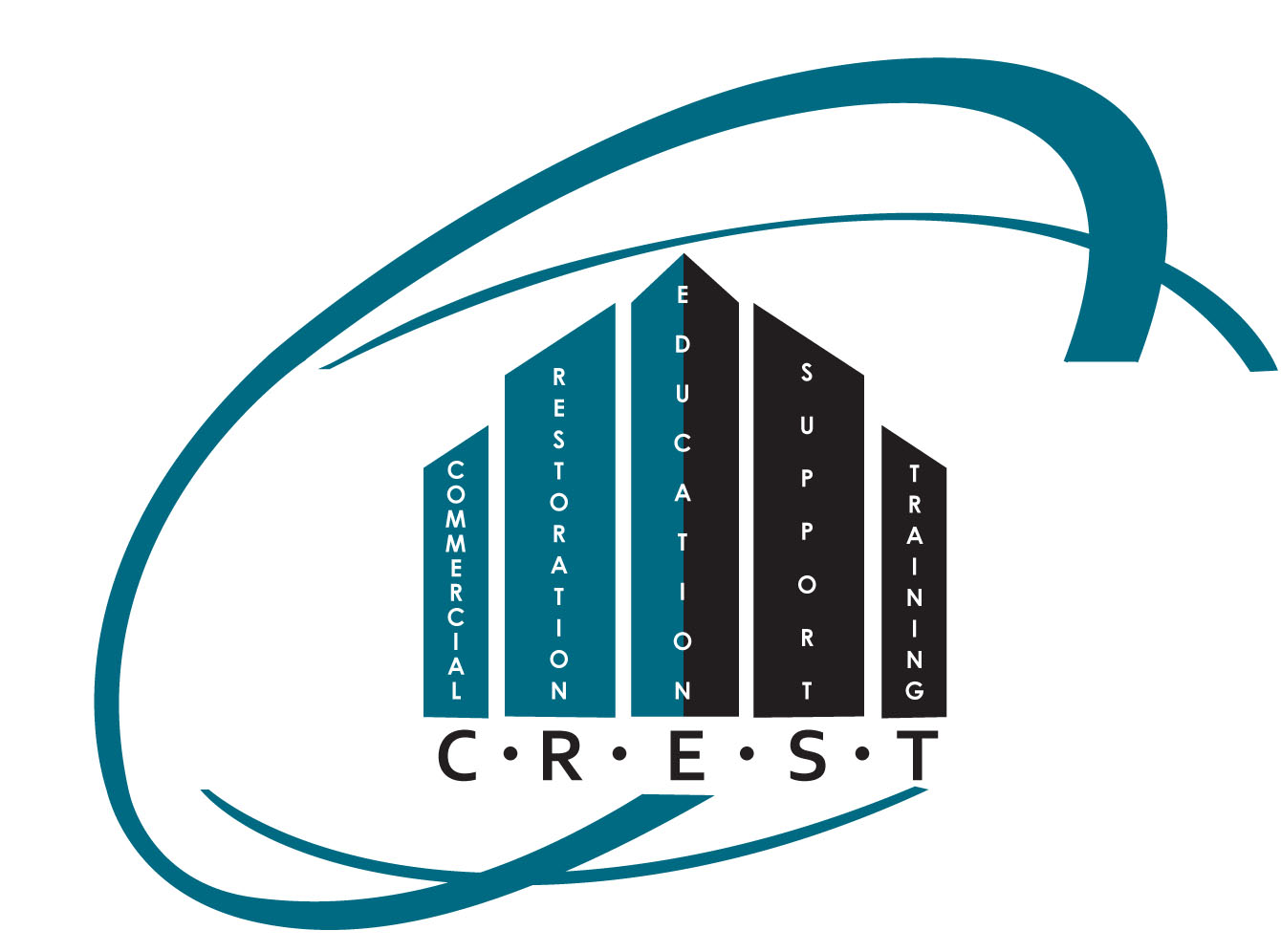
Taking responsibility is a trademark of maturity and accountability, reflecting a person’s willingness to acknowledge their role in a situation, regardless of whose fault it might be. While it will be tempting to deflect blame or avoid accountability, embracing responsibility is an asset that promotes personal growth and strengthens relationships.
One of the main reasons why it’s necessary to always take responsibility, even when it might not be your fault, is the impact it has on personal development. Personal development refers to activities and processes that contribute to an individual’s growth, self-improvement, and enhancement of their skills, knowledge, and abilities.
It is a lifelong journey aimed at realizing and maximizing one’s potential, both personally and professionally. Accepting responsibility is a demonstration that you have control over your actions and decisions. When you own up to your mistakes or unintended consequences, they create an opportunity for learning and growth. Each challenge or misstep becomes a lesson, providing valuable insights that can be applied in future situations. This commitment to personal development nurtures strength and adaptability, traits that are crucial in navigating life’s difficulties.
Besides, taking responsibility promotes trust and credibility in relationships. Whether in personal or professional settings, people appreciate individuals who are willing to own up to their actions. When someone admits to their mistakes, it demonstrates integrity and sincerity. This transparency builds trust and allows for open communication. In contrast, avoiding responsibility erodes trust and can strain relationships, as it creates an atmosphere of uncertainty and suspicion. It’s unlikely that you’ll get referrals if they don’t trust you.

In the workplace, for example, employees who take responsibility for their work, even in the face of setbacks, are often seen as reliable and trustworthy. This can lead to increased opportunities for cooperation and management roles. Similarly, in personal relationships, admitting fault and taking responsibility for one’s actions can strengthen the bond between two people. It shows a willingness to prioritize the relationship over your own ego, and a commitment to resolving conflicts in a constructive non-threatening way.
Also, the habit of taking responsibility has even broader societal implications. In a community or society where individuals are quick to point fingers and avoid accountability, dysfunction usually prevails. Accepting responsibility, even when it may not be one’s fault, contributes to a culture of accountability and responsibility. This cultural shift can lead to more effective problem-solving, as people focus on solutions rather than assigning blame. It also promotes a sense of shared responsibility for the well-being of the community, encouraging individuals to contribute positively to their surroundings. Think about when a politician takes responsibility, even when it’s probably not his fault – the public tends to be more forgiving of him.
While it might be difficult to admit fault or take responsibility when it seems unjust, doing just that demonstrates emotional intelligence and a lot of maturity. It reflects an understanding that life is complex, and outcomes are often the result of numerous factors. By taking responsibility, individuals empower themselves to influence and shape their circumstances positively.
The decision to always take responsibility, even when it might not be one’s fault, is a powerful and altering choice. It fuels personal growth and builds trust in relationships and, yes, a more accountable society. Embracing responsibility is not just about admitting mistakes; it’s about seizing the opportunity for learning, growth, and positive change.

By Dick Wagner, Co-Founder The CREST Network, LLC
Nationally recognized coach, consultant, trainer, and speaker
Creator of the renowned PREP™ pre-disaster program
Owner of AskDickWagner.com BLOG
Copyright© 2023 The CREST Network, LLC
All Rights Reserved
No Part Of This Document May Be Reproduced In Any Form Without Written Permission
